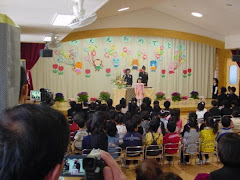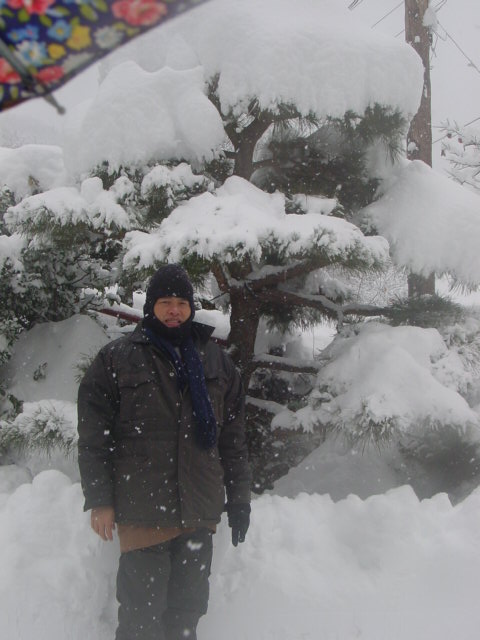
Being a father of five children (only), I realized the importance of family rules to manage if not control the uniqueness of each child. Perhaps, I need to recall how my father whipped me whenever I got overtime in my outdoor plays with my neighboring friends, gave me time outs, or have me grounded before. I remember the day when I joined my classmates before in going to the river and have our afternoon swimming without first going home from school. A passing neighbor reported us to my father. I got a fearful whip on my buttocks.
My eldest boy is now in his junior high school. He is doing fine though I can feel his needs to have more friends. Nevertheless, he enjoys his electronic games if not having his bike around.
But my second son is so fond of visiting his friends and going to parks where they can play. He seem to be more socialized among the five. But he lacks home priorities like helping at home or doing basic home chores on his level. There are times too that he came home quite late in the evening. And most of his reasons in he just stayed downstairs with his playmates.
I have no objection to their physical and social needs. I have passed those in my years.
But there are some priorities in them. Their homework, their learning and training to do basic house chores, their openness to cooperation, to teamwork,to self-realization on significance and importance in life are at stake.
My third boy is well objective and attentive to his homework. He now joins a baseball club together with his elder brother. Nevertheless, there are times too that he is emotionally disturbed. Perhaps, he needs to balance too his social affairs.
My two girls are both aggressive in and out. There seem to be no problem with them except on their self-control. But they are loving girls.
How about, if they are giving more their time in watching TV. Their mother is so strict on that. Yet the children are so fond of animation and cartoon programs. I need newswatch as well.
AS we only have one TV set, then here is one family rule: No Homework done, no TV-viewing!
This is fair so that they can prioritize first their school exercises before they learn too from TV. I consider TV as an educational instrument. That is AV.
During weekends, I want the kids to be cooperative too. So htey have house assignments like dish-washing, table cleaning, room cleaning and the like. I asked them too to make sure that they put-off all tissue paper from their pockets before they put all their dirty clothes to the laundry box. Their mom becomes so rough once tissue papers are in at the washing machine. It destroy all the washed clothes practically with those torn to pieces of tissue papers connecting to the washed wet clothes.
And how about if the rules are violated?
Learn lessons! Warning on first offense. If curfew is broken, parents become so disturb and concern of their kids outside. More on me as we are foreigners in this land. Sermons on second offense and a time out. A parent put his child on a cahir and dont allow him to go out for an hour. I have heard that a Korean father would give a time out to his kid by putting and locking him inside the toilet for at least 10 minutes. Japanese parents locked their children outside if ever they have made violations of family rules. For grown up teens, violators are grounded and have to stay home during their free time. They cannot go out for a week-long to learn lessons from their mistakes.
Well cultural differences are in it. But family rules are common. Parents wished to make their children grow up with proper discipline.





